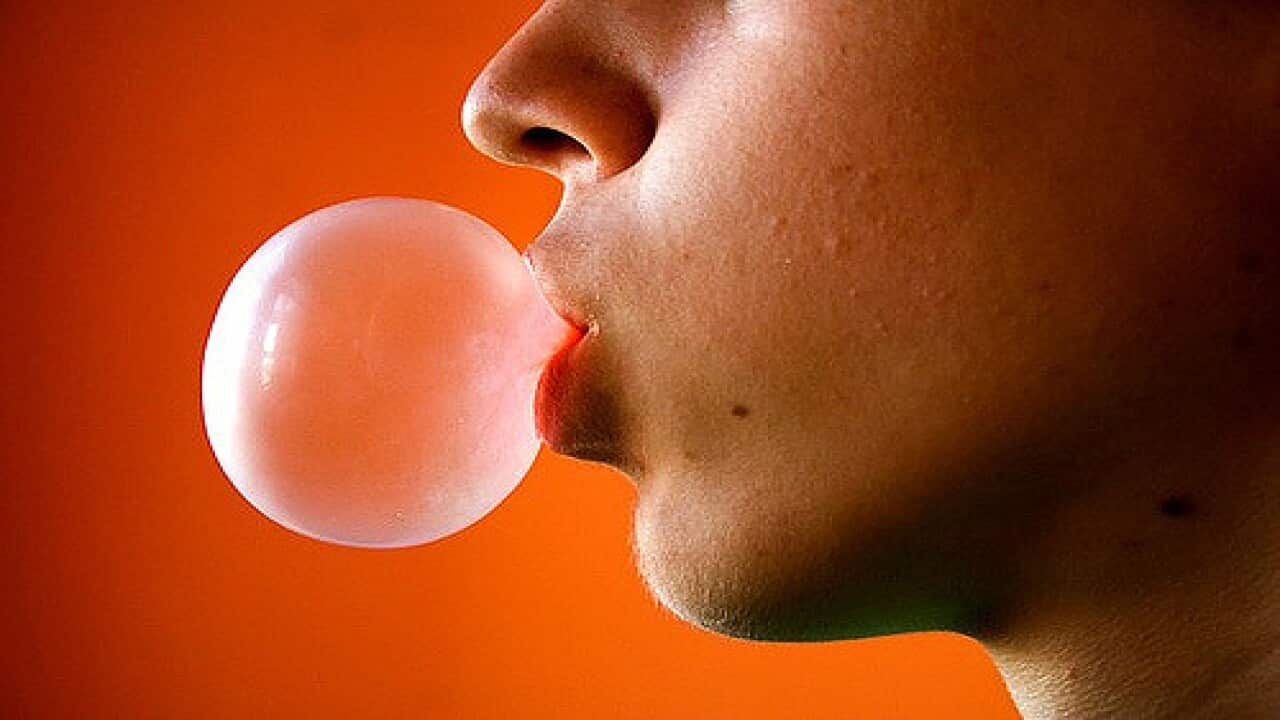Chewing-gums are the most common garbage on the streets after cigarette butts. Once chewed, these balls of gums end up in nature where they take about 50 years to degrade or end up stuck on the sidewalks.
A scourge for the economy and ecology; in the UK, about 50 million pounds are spent each year to clean the streets. The chewing gum is unstuck with water and found in the sewers, then in the rivers and will be eaten by fish
After ten years of research, Anna Bullus, an English designer, who teaches at the Design Museum in London, has just created her start-up to fight against this pollution. The idea is to collect chewing-gums and recycle them into everyday objects such as shoe soles, goblets, pencils or plastic combs and cutlery.
"As a designer, I was amazed that nothing was done to recycle chewing gum," says Anna Bullus.
Chewing-gum is mostly composed of synthetic gum, a polymer comparable to some plastics. "It's called polyisobutylene," says Anna Bullus to the BBC, "the same thing you find in the inner tubes of bicycle wheels."
She quickly realised that chewing-gum is a versatile and potentially useful material.
To persuade people to give away their chewing gum, Anna has created bubble-shaped pink bins called Gumdrop for disposing of gum.
These bins are themselves made of recycled chewing gum, they can be hung at head-height. A message next to the containers explains that any gum collected will be recycled into new objects.
The University of Winchester was one of the first places to try the pink bins. About 8,000 people live and work on campus, and the authorities wanted to keep it clean of gum waste.
No less than 11 bins have been installed around the university, reinforcing the message that chewing-gum can be recycled responsibly. Hundreds of coffee cups made of recycled gum were distributed to students.
"The students were smelling the cup to make sure it did not smell of mint or chewing gum," recalls Liz Harris, environmental manager at the university.
Eighteen months later, the university has noticed a drop in gum waste and now plans to expand the program.
Heathrow Airport also conducted a three-month trial that led to a "noticeable improvement" and saved £ 6,000 in clean-up costs.
In each case, bins do not suddenly solve the problem of chewing gum pollution, but they seem to start changing people's behaviour.
Poll
Share
